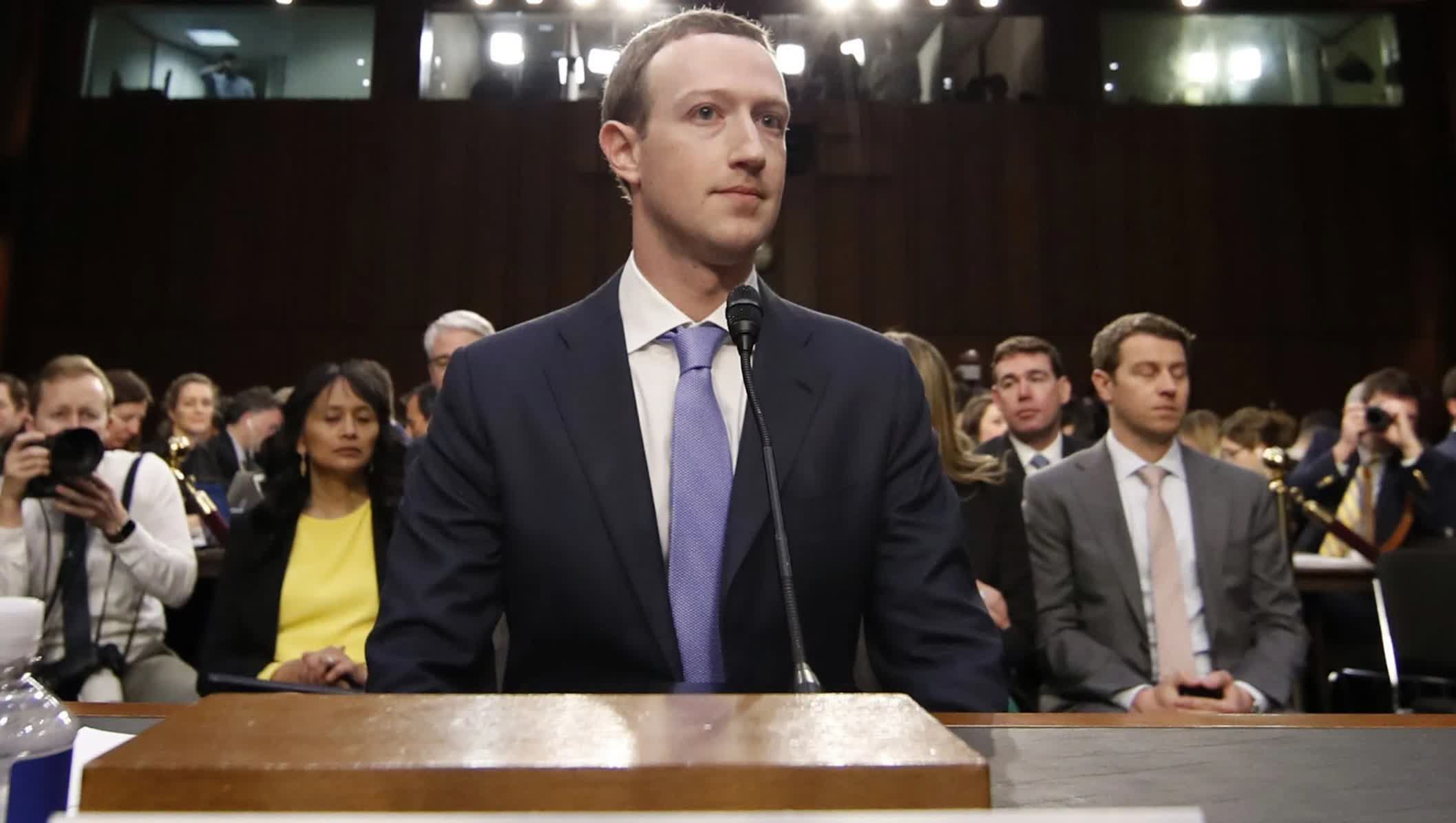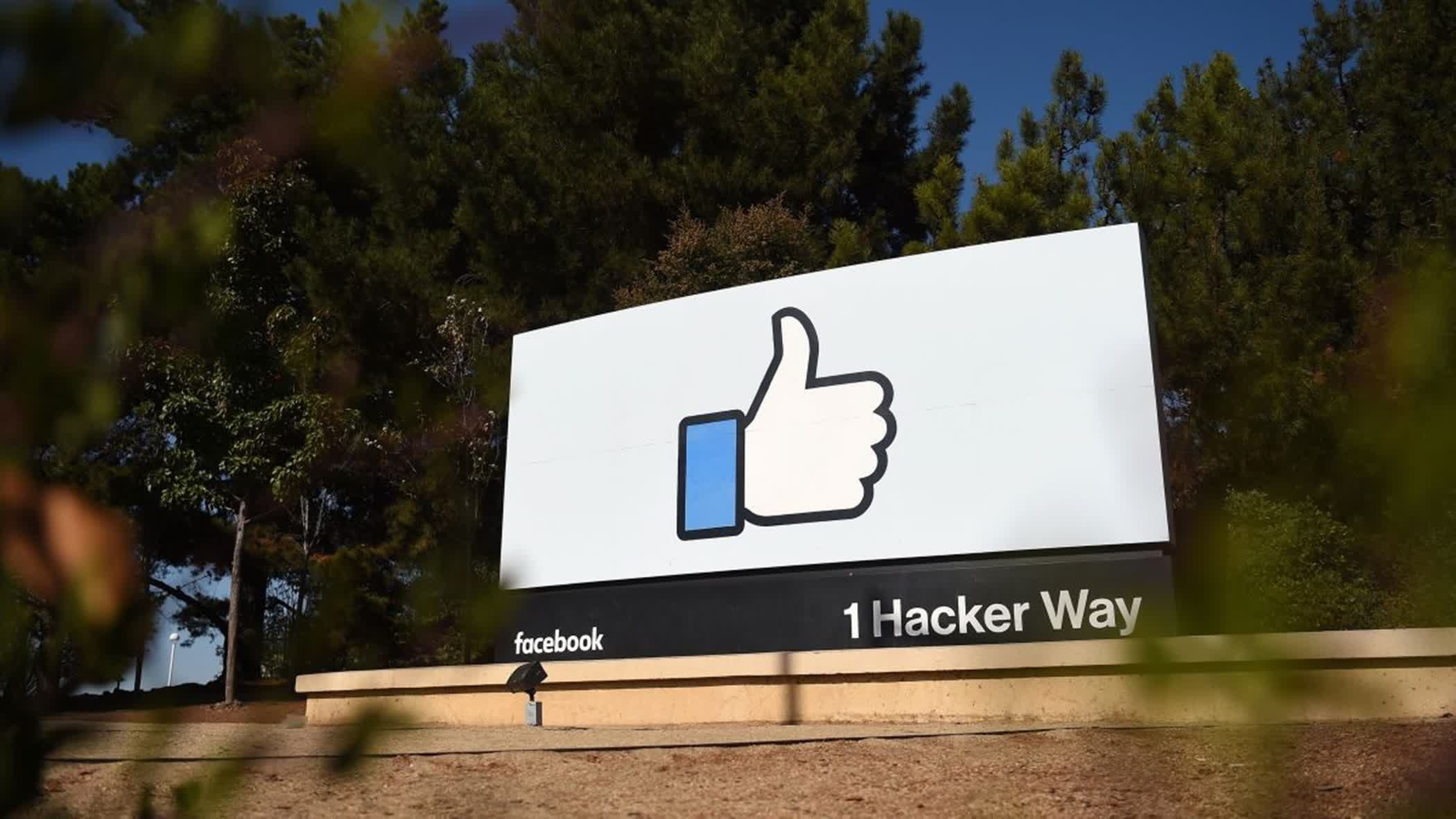Why it matters: Facebook is set to deploy more rigid algorithmic tools to limit the spread of viral content on its platform. This is according to a new report by the Wall Street Journal that highlights measures that have been tested in recent elections, including in Sri Lanka and Myanmar, to mitigate disinformation campaigns.
The move is in preparation for the November U.S. presidential election, which is set to pose some unique challenges. The company believes that there's tremendous potential for upheaval spurred on by the spread of disinformation during election season.
According to a recent blog post by Facebook CEO Mark Zuckerberg, the country is deeply divided along political lines. Zuckerberg has raised concerns about the recent surge in politically-motivated acts of violence as well as misinformed statements by public figures. He has alluded to these as indicators that democracy could be undermined if information is not regulated.
Facebook has already made a commitment to halt all political ads one week before the election. The social network will also pause them indefinitely after November 3 to curb inflammatory political indoctrinations. They've also been working to restrict the virality of political posts on its platforms since 2017. This is after finding themselves at the center of a probe involving their role in disseminating misleading political stories.
More recently, the network has been criticized for using overkill methods to suppress legitimate news sources, a move that arguably infringes upon free speech. Mother Jones, a major political news network, recently lambasted FB execs for intentionally limiting the reach of its news posts. Republican politicians also recently accused Facebook of control overreach and bias. This is after the social media platform censored a New York Post story related to Hunter Biden, Joe Biden's son.

Facebook found itself at the center of a probe involving its role in disseminating misleading political stories. (Image: USA Today)
Facebook defended the move and said that the restriction was in line with its election interference prohibition policies. It underscored that such information had to go through a fact-checking process before it could be released to the public.
The following is the statement issued by Andy Stone, the company's Policy Communications Director, in relation to this. "While I will intentionally not link to the New York Post, I want be clear that this story is eligible to be fact checked by Facebook's third-party fact checking partners. In the meantime, we are reducing its distribution on our platform." Facebook currently relies on a network of third-party fact-checking organizations to authenticate such information. They include the Associated Press, the Daily Caller, and France-Presse.
Masthead credit: CNN
